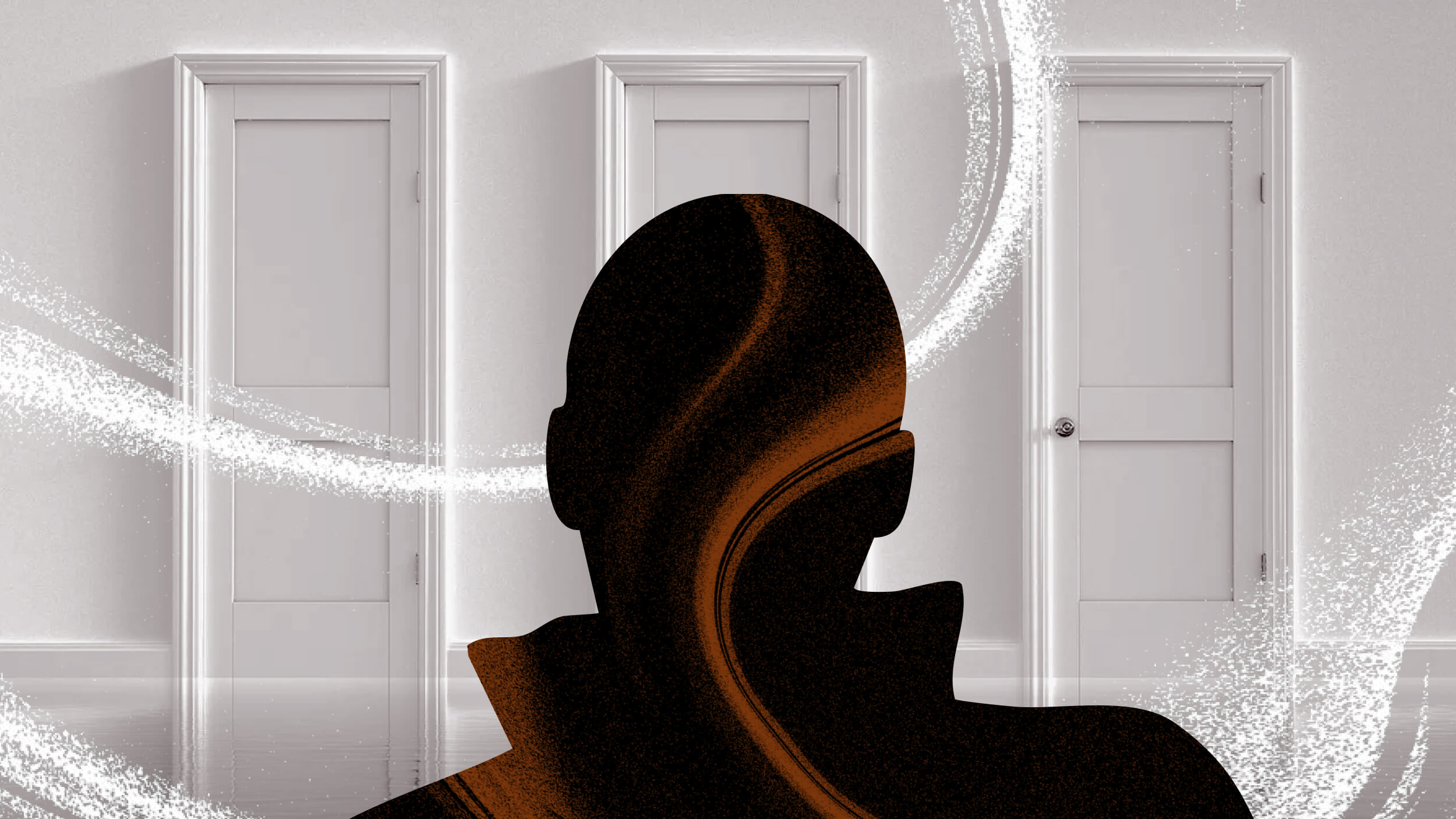Study: We like villains similar to ourselves

Photo by Thierry Chesnot/Getty Images)
- People tend to be attracted to others with similar positive traits, but recoil from those with similar negative traits.
- This tendency doesn’t exist with villains, who we like even if we share negative traits with them.
- This finding may led to new studies on how we process personality traits, story processing, and your internet browsing history.
The psychologist Carl Jung once noted that what we find irritating in others can tell us a lot about ourselves. More than one study has proven him right. While we are often attracted to people who share our positive traits, we are repulsed by those who share both our positive and negative characteristics. People tend to think of themselves as being basically good, and our self-image can be put at risk by spending too much time around those who remind us that we have some work to do on ourselves. However, a new study by Rebecca J. Krause and Derek D. Rucker of Northwestern University shows that this effect works differently with villains. According to them, we villains who remind us of us.
The researchers turned to the website CharacTour.com to help determine which villains people were most like. This site, which has 232,500 members, allows people to rate their personal traits on a scale that is also used for various characters that users can compare themselves to and become “fans” of. The database has nearly 4,000 characters who are categorized in multiple ways, such as if they are quiet or talkative or if they are villainous or heroic.
Reviewing the data on this site demonstrated that people do tend to like villains who share their traits, people became fans of villains who were similar to them at higher rates than they became fans of heroes who were like them. However, this data did not demonstrate that this was why people liked those villains.
However, the third experiment in this study looked into the causal relationship between similarities and liking. In this test, participants read a scenario about a new television show featuring a character named Sam. Different test subjects were given different ideas about Sam from the reading; in some cases, they were a hero, in some a villain, in some cases designed to be similar to the test subject and in others very different. Test subjects then filled out a form describing their interest in watching the show and how similar they thought they were to Sam.
The results were clear; people wanted to see more of Sam when they were similar to them, by similar margins for both the heroic and villainous manifestations. This demonstrates that at least some of the attraction people have to villains is trait-based and not, for example, just because they look cool.
Other experiments in the study focused on the storytelling element, how threatened we feel by those we are similar to, and further explored how and why we like villains like us.
Why we prefer people just like us. And why that’s potentially dangerous.
The key finding of all of this is that there is something about villains being fictional that lets us drop our guard and like the ones who share our negative traits, which we have difficulty doing for real people. This opens up several areas for future studies, such as how our brains process stories, how interpersonal relationships can be affected by positive and negative personality traits, and how hard people will work to keep up the positive view of themselves.
Because this study was done using information gathered by an online quiz, the authors also speculate that “big data from people’s online experience can be used to offer insights about their everyday behavior.” This tidbit is at once the opportunity for beneficial information that can help people better understand themselves and truly personal data that commercial interests will be able to use to know even more about you from seemingly benign online interactions.
The more self-reflective of you might be able to use this information for personal insight, though it might take a while to figure out precisely what you have in common with your favorite villains. I rather like Heath Ledger’s performance as the Joker in Christopher Nolan’s The Dark Knight, but I’m not totally sure what I’m supposed to have in common with him.
Furthermore, there is no reason to think this is limited to stories alone; the authors suspect we might do the same thing with “secure attachment figures.” This information might also be helpful for those who are fully aware of the flaws of your loved ones but go on loving them anyway.
We try to view ourselves as good, and as a result, we often recoil from people that remind us that we need to work on a few parts of ourselves. For whatever reason, we do the very opposite when faced with a fictitious villain to compare ourselves to. While this study probably won’t lead to an army of Hollywood writers starting to devise villains who don’t call their parents enough or who never quite get around to their to-do list, it might provide us a way to know a little bit more about ourselves.





